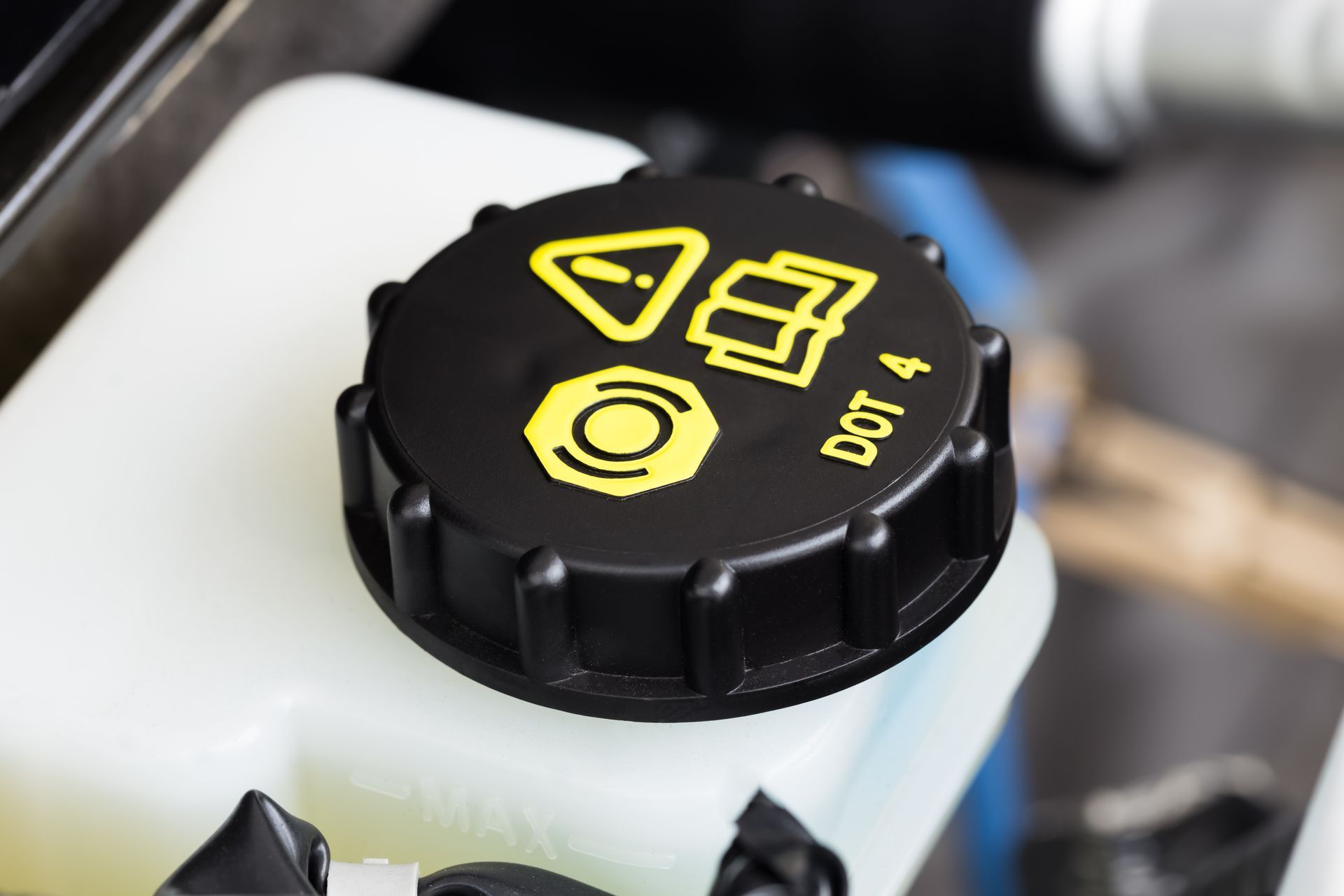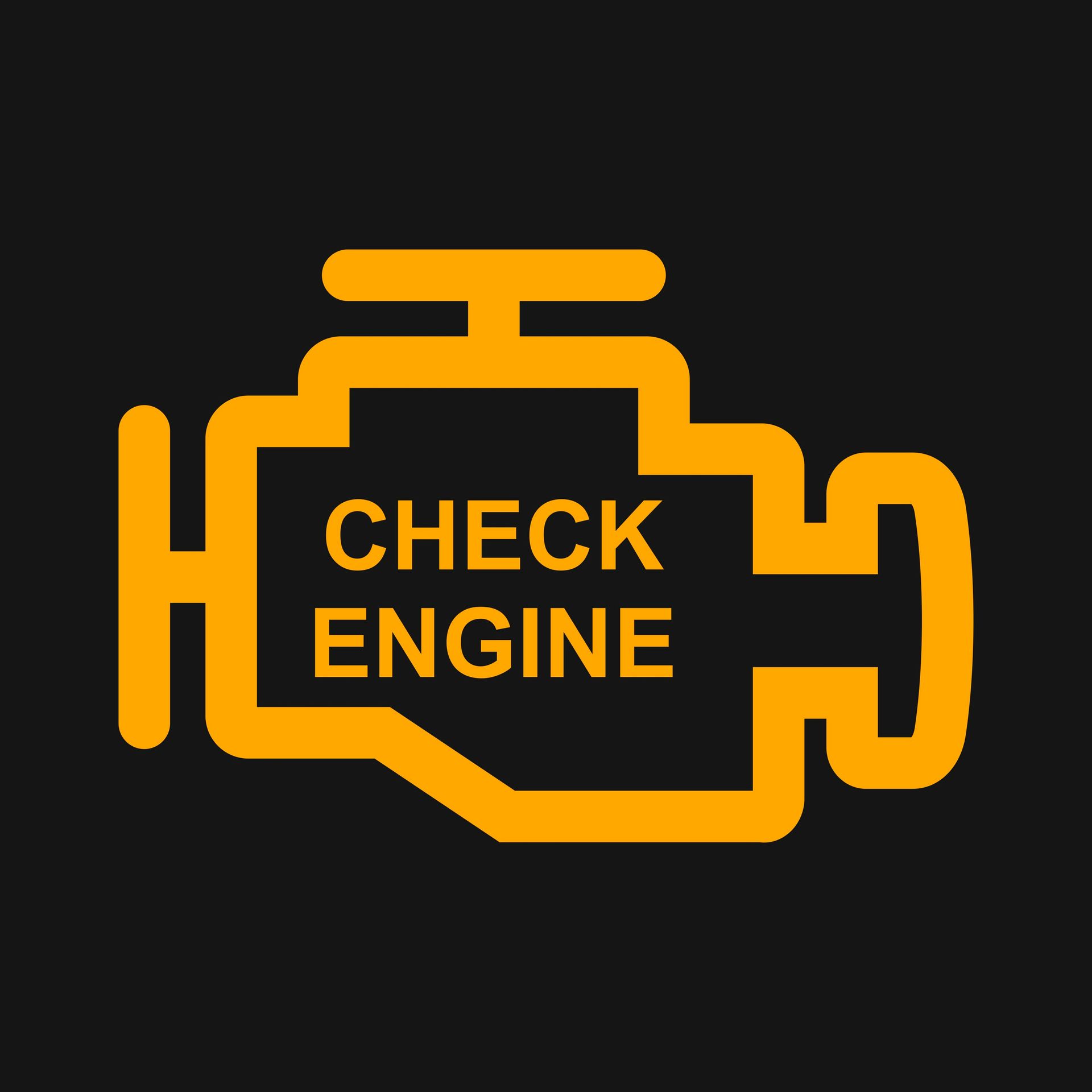Engine oil is the most important fluid in your vehicle. It keeps moving parts lubricated, helps regulate temperature, and carries away dirt and debris that could otherwise damage the engine. Over time, however, oil breaks down and loses its ability to do its job effectively. That’s why regular oil changes are essential for keeping your engine healthy and your car running smoothly.
While the old rule of thumb used to be every 3,000 miles, modern vehicles and oils have changed that timeline. How often you need to change your oil now depends on your vehicle, driving habits, and the type of oil you use.
Why Engine Oil Needs to Be Changed
As your engine runs, oil constantly circulates to protect metal parts from friction and heat. But with each cycle, the oil picks up dirt, carbon deposits, and tiny metal particles. Over time, it becomes thicker and less effective at lubricating components.
If oil changes are neglected, the engine works harder to compensate, leading to higher operating temperatures, reduced performance, and eventually internal damage. In severe cases, old oil can turn into sludge that clogs passages and starves vital components of lubrication.
The Role of Driving Conditions
Not all vehicles follow the same oil change schedule because how and where you drive matters just as much as mileage. For example:
Frequent short trips don’t allow the engine to fully warm up, causing moisture and contaminants to build up faster.
- Stop-and-go traffic puts extra stress on the engine, especially in hot climates.
- Towing or hauling increases engine load, requiring more frequent oil changes.
- Highway driving at steady speeds is gentler on the oil and can often extend intervals.
For drivers who face more demanding conditions, it’s safer to stick to the shorter end of the recommended range to keep the engine well protected.
Choosing the Right Oil
The type of oil you use also determines how often you’ll need to change it.
- Conventional oil works fine for older engines but breaks down faster, usually requiring changes every 3,000 to 5,000 miles.
- Synthetic blends offer better protection and can last around 5,000 to 7,500 miles depending on driving habits.
- Full synthetic oils provide superior performance and resist breakdown longer, with many lasting up to 10,000 miles or more.
Your owner’s manual will specify which type of oil is best for your engine, and following those guidelines helps maintain performance and prevent unnecessary wear.
Signs It’s Time for an Oil Change
While sticking to a schedule is important, your vehicle will often give you warning signs when it’s time to change the oil:
- The oil change light or check engine light comes on
- The oil on the dipstick looks dark and gritty
- You notice louder engine noise or knocking
- Exhaust smoke becomes darker or heavier
Paying attention to these signals helps you address issues before they become serious problems.
Benefits of Staying on Schedule
Keeping up with regular oil changes has several advantages beyond protecting the engine. Clean oil improves fuel efficiency, reduces emissions, and extends the life of other components like the turbocharger or catalytic converter. It also gives technicians a chance to inspect other vital systems, catching potential issues early.
In short, routine oil maintenance saves you money and helps keep your vehicle reliable for years to come.
Professional Oil Change Service at Layton's Garage
At Layton's Garage, we make oil changes simple, quick, and effective. Our technicians use high-quality oils and filters that meet your vehicle’s specific needs. While you’re here, we also perform a complimentary inspection to make sure your engine, fluids, and filters are in top condition.
Regular maintenance now helps you avoid expensive repairs later. Schedule your next oil change with Layton's Garage today and keep your vehicle running at its best.










